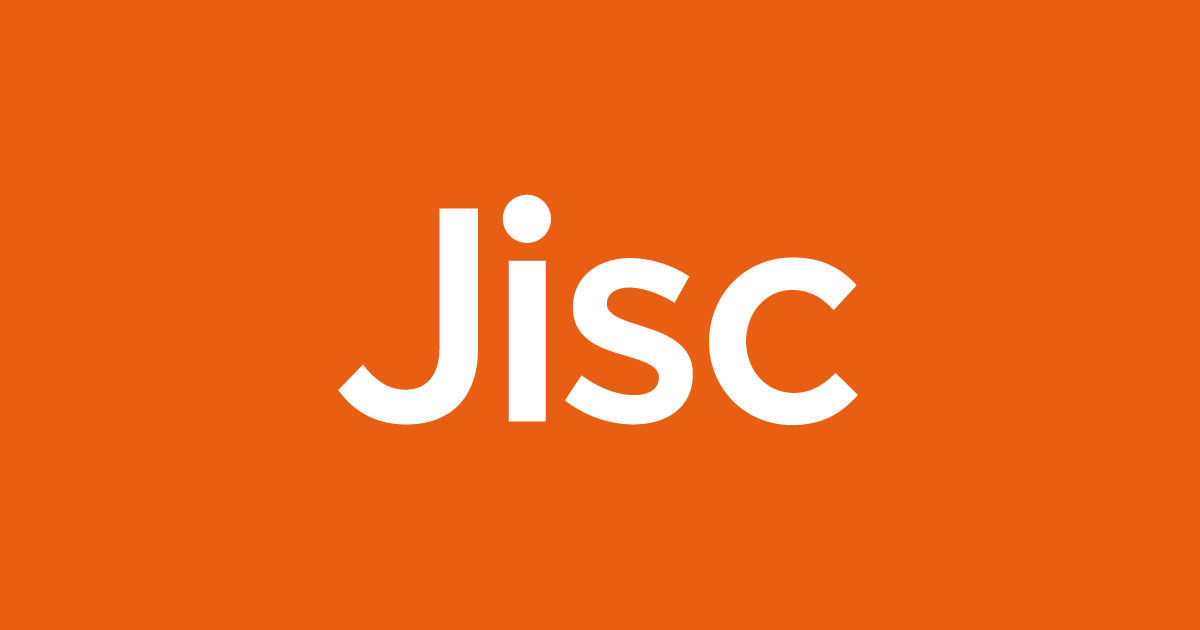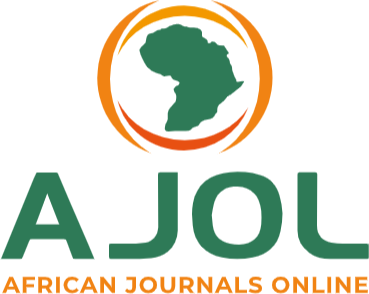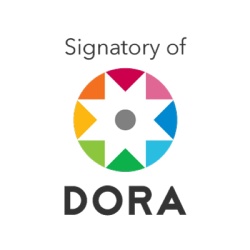The crisis of Arab culture and intellectuals, according to Burhan Ghalioun
أزمة الثّقافة والمثقّف العربي عند برهان غليون
Abstract
The study of the term culture and the Arab intellectual is one of the pioneering topics that researchers in the field of contemporary Arab thought have addressed, as they are considered one of the foundations in building societies, stabilizing their existence and imposing their hegemony within the world. It has become imperative for learners to study intellectuals and culture, and to write in this field to define the methods and mechanisms guaranteeing the success of the project of renewing Arab culture, and then achieving the Arab civilization renaissance.
From this standpoint, Burhan Ghalioun dealt with the Arab culture and intellectual, and explained the role entrusted to him, highlighting the solutions that would move the intellectual from a stage of stagnation to a phase of action and dynamism, and he dealt with the importance of culture in consolidating the building values for the advancement of society in general and individuals in particular, and clarified the relationship between the fundamentalist intellectual and the modernist one.
Downloads
References
Julian Benda. (1928). The Treason of the Intellectuals, trans.Richard aldingtom. (New York : Nortom 1969 rprt
- Arabic references in English :
Said, E. (2006). The Intellectual and Power. Cairo. Dar Rawiya for Publishing and Distribution.
Prince Shakib Arslan. (n.d.). Why Muslims Lagged Behind and Why Others Advanced. Beirut. Publications of Dar Al-Hayat Library.
Ghalyoun, B. (2004). Assassination of the Mind (The Crisis of Arab Culture between Salafism and Dependency). Beirut. Arab Cultural Centre.
Ghalyoun, B. (1992). Self-awareness. Beirut. Arab Institute for Studies and Publishing.
Ghalyoun, B. (2006). Marginalization of Intellectuals and the Issue of Building the Leadership Elite in the Arab Intellectual, Its Concerns and Contributions. Beirut. Centre for Arab Unity Studies.
Ghalyoun, B. (1986). Elite Society. Beirut. Arab Development Institute.
Al-Khatib, A. N. (2009). The Mediator in Political Systems and Constitutional Law. Jordan. Dar Al-Thaqafa for Publishing and Distribution.
Saeed bin A'id Al-Zahrani. (n.d.). The Responsibility of the Islamic Intellectual Towards the Issues of Terrorism. Riyadh.
Sefen Sassi. (June 1, 2018). The Arab Intellectual Project: Preliminary Reading and Evaluation of Thinkers Muhammad Abid Al-Jabiri, Burhan Ghalyoun, and Abdullah Al-Arwi. Page 14.
Harb, A. (2001). Fundamentalist Seals and Progressive Rituals (The Fate of the Arab Cultural Project). Beirut. Arab Cultural Centre.
Muhammad Abid Al-Jabiri. (2000). Intellectuals in Arab Civilization. Beirut. Centre for Arab Unity Studies.
Naji Aloush. (1985). The Arab Intellectual and the National Struggle in the Arab Intellectual: Its Role and Relationship with Power and Society. Libya. National Council for Arab Culture.

This work is licensed under a Creative Commons Attribution-NonCommercial 4.0 International License.





















